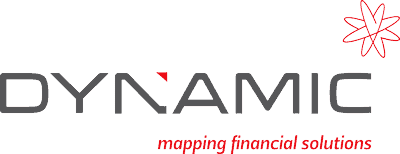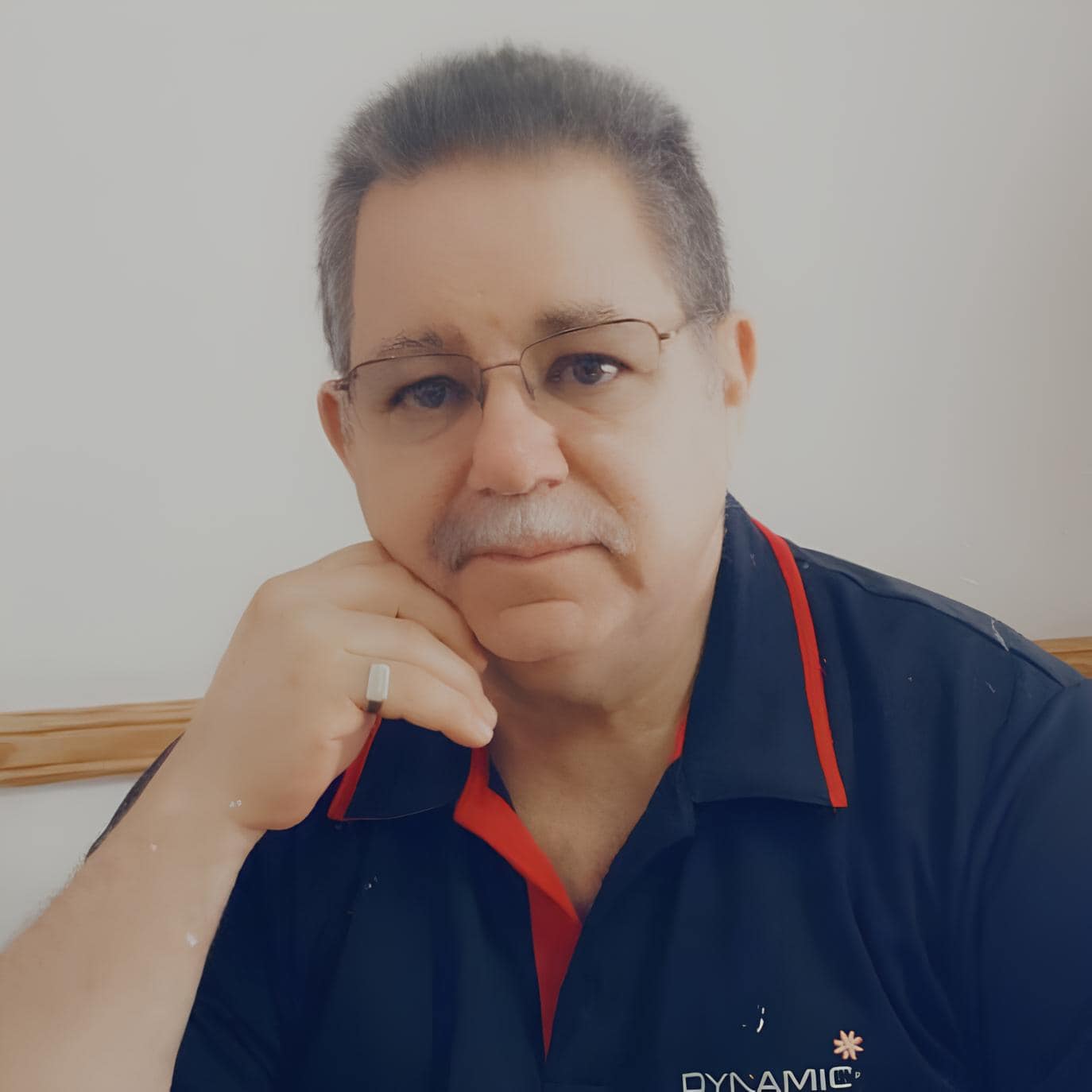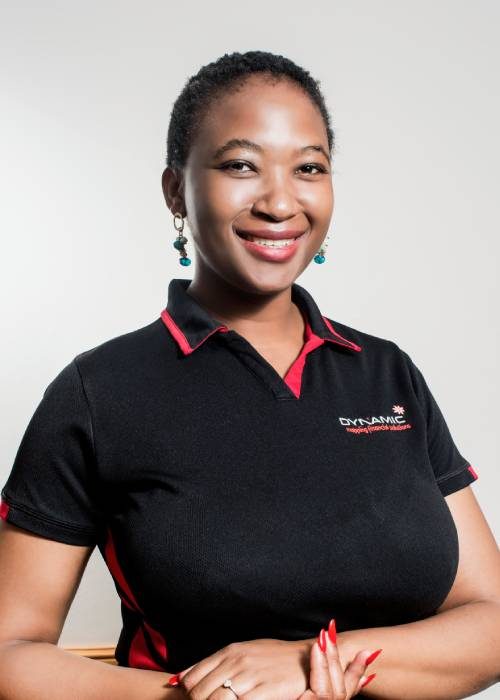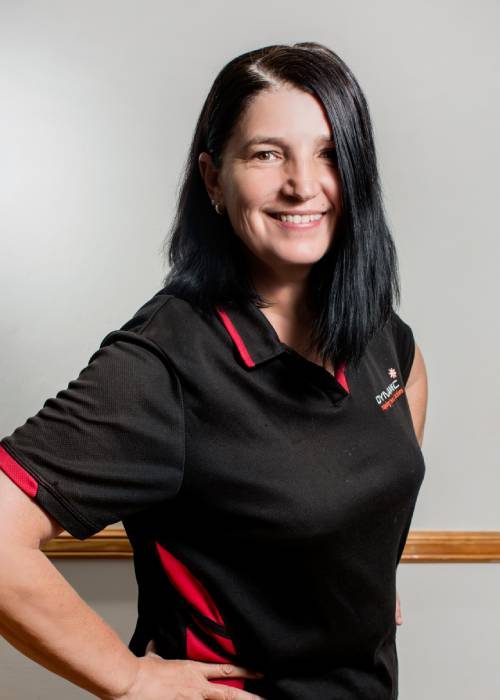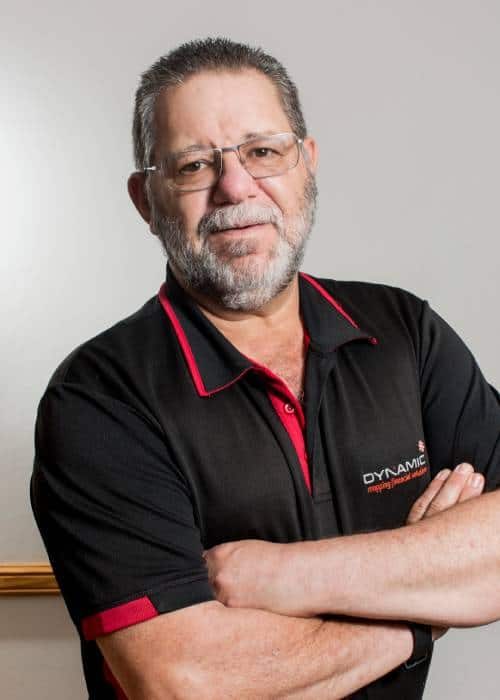Estate planners often set up trusts without understanding the requirement that trust assets ought to be treated separately from the estate planner’s own assets. Further, many estate planners are often reluctant to give up control over personal assets moved into a trust, as well as new assets acquired by the trust. The result is that often trust assets, including investment and bank accounts, are opened and/or registered in the name of the estate planner, rather than in the name of the trust. Failure to open and/or register trust assets as trust property may cause such assets to be regarded as assets owned by the trustees in their personal capacities, which will expose the trust assets to unnecessary risk, especially in the event of the insolvency, sequestration or liquidation of a trustee. The trust may also be labelled the ‘alter ego’ (an extension of himself or herself) of the estate planner or person controlling the trust assets. If the trust is labelled an ‘alter ego’ trust, despite the fact that the trust does in fact exist, the Courts will disregard the trust and treat the assets as if they belong to such controlling person. Therefore there should be a clear separation of control from enjoyment of trust assets. All trustees – and not just one of them – should control the trust assets for the enjoyment of the beneficiaries.
A trustee may never use the trust as a front and control the trust for his or her personal benefit. The WT and Others v KT case of 2015 reaffirmed Section 12 of the Trust Property Control Act (the Act) discussed below, that assets held by a trust does not form part of the personal assets of its trustees, and that the Courts may not grant an order stating otherwise, unless there is substantial evidence to indicate that the trust is being used for improper motives by the trustees, for example as an ‘alter ego’ trust.
In the Mofokeng v Master of the North Gauteng High Court case of 2013 the Court held that a trustee has as a minimum a duty to keep the trust assets administered separate from personal assets and to avoid a conflict of interest with the beneficiaries or the trust object.
Section 11 of the Act requires the following from trustees relating to trust assets:
· To indicate clearly in their bookkeeping the property which they hold in their capacities as trustees. Due to the age of the Act, a modern interpretation of this requirement is that trustees should maintain an asset register for the trust stipulating the description, value and location of each trust asset.
· To register (if applicable) trust assets, or to keep it registered, in such a manner as to make it clear from the registration that it is trust assets. This will prevent exposing the trust assets to risk in the event of a trustee being sequestrated or liquidated.
· To make any account or investment at a financial institution identifiable as a trust account or trust investment. Even if trustees hold it in their representative capacities as trustees, the account name should clearly state that the trustees hold it on behalf of the trust.
· To make any other trust assets identifiable as trust assets in the best possible manner.
Although Section 12 of the Act, which supports the common law position, provides a statutory safeguard by stipulating that trust assets will not form part of the personal estate of a trustee (except in so far as the trustee, as a trust beneficiary, is entitled to trust assets), it will only be effective if the requirements of Section 11 are met, by clearly identifying and recording trust assets.
Therefore trustees must clearly identify (register in the name of the trust or in the name of the trustees as representatives of the trust) and record (an asset register with detailed description) trust assets as trust property. In order to meet these requirements, the financial records, such as the financial statements, should also clearly indicate which assets are held by the trust, or the trustees in their representative capacities as trustees of the trust.
As it is necessary for trustees to register, hold and clearly report trust assets as trust property, it is wise for trustees to use a relevant system, which enables them to meet the requirements of our law, as they are ultimately responsible and accountable for the administration of the trust – not the accountant or trust administrator, who may provide a service to the trustees.


